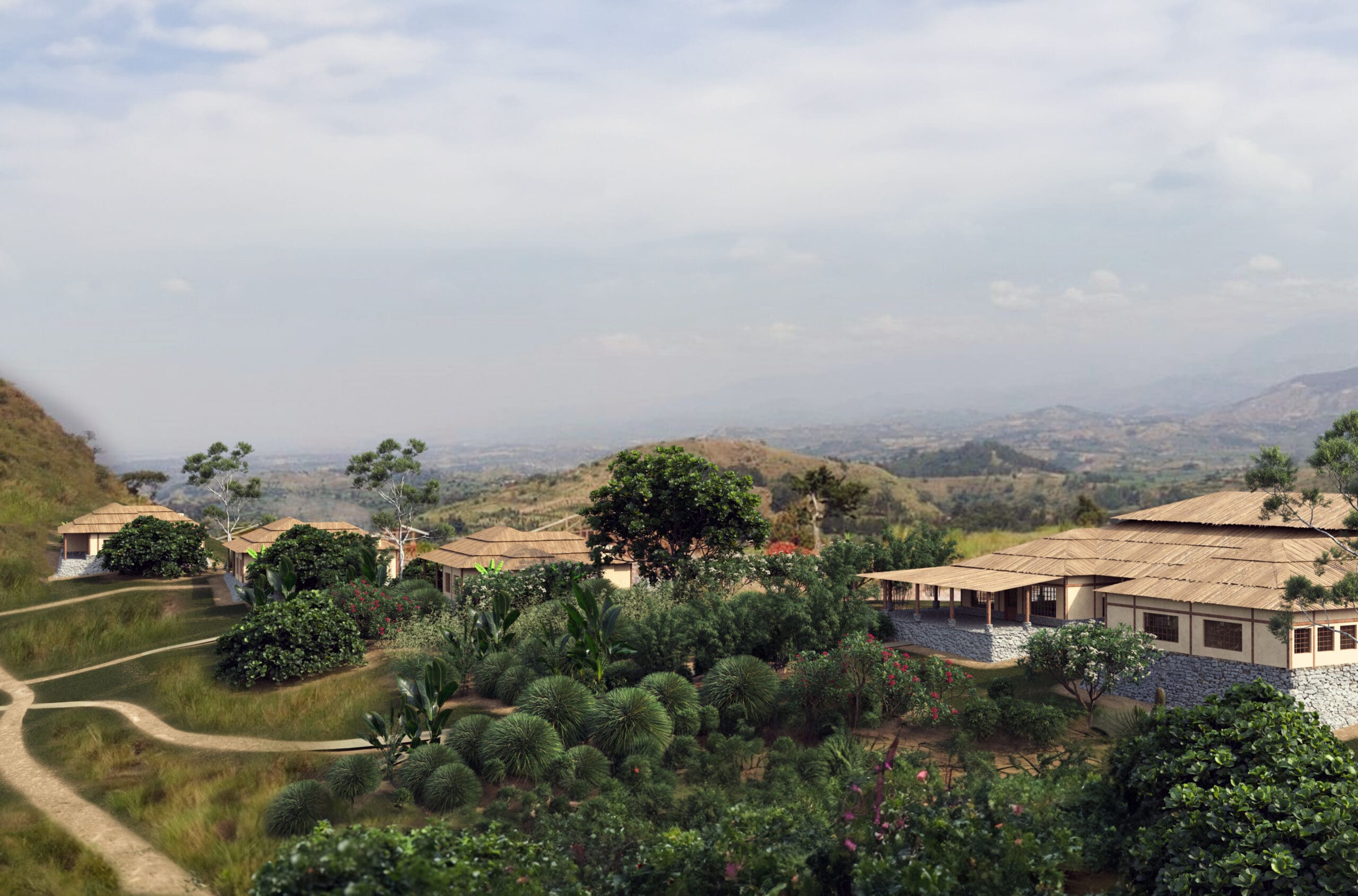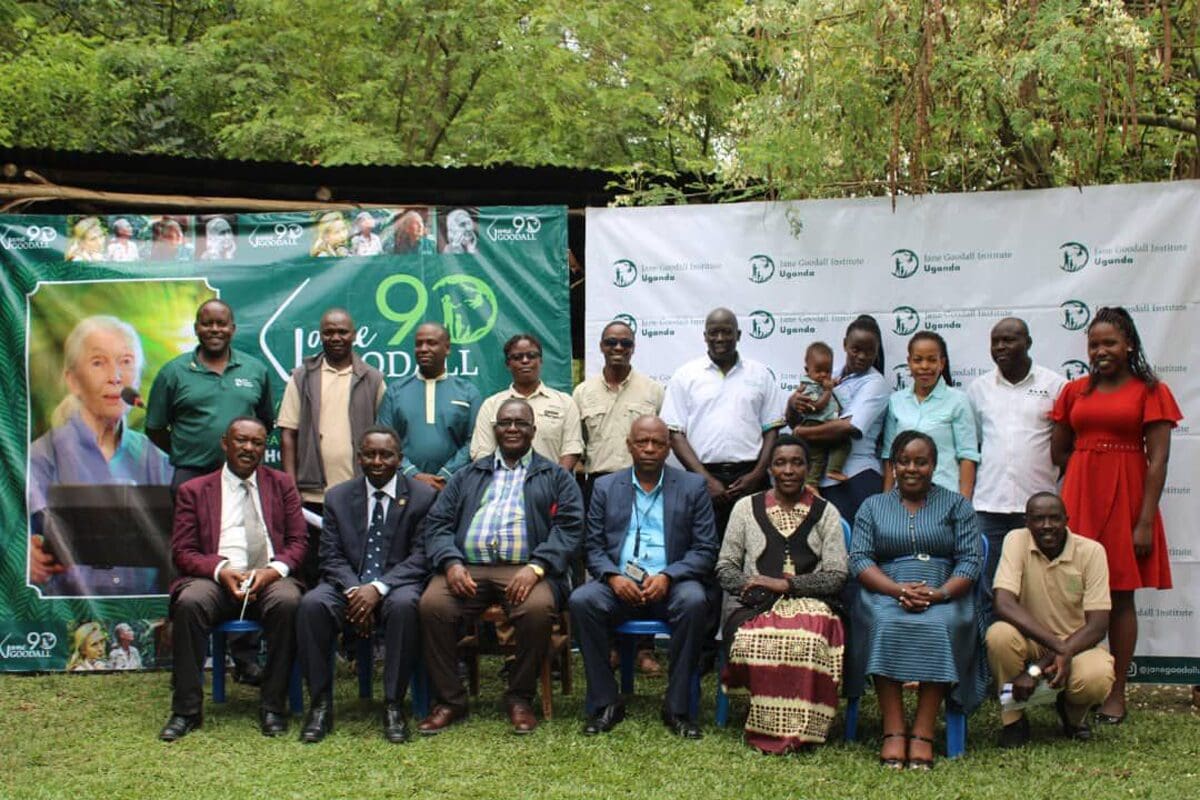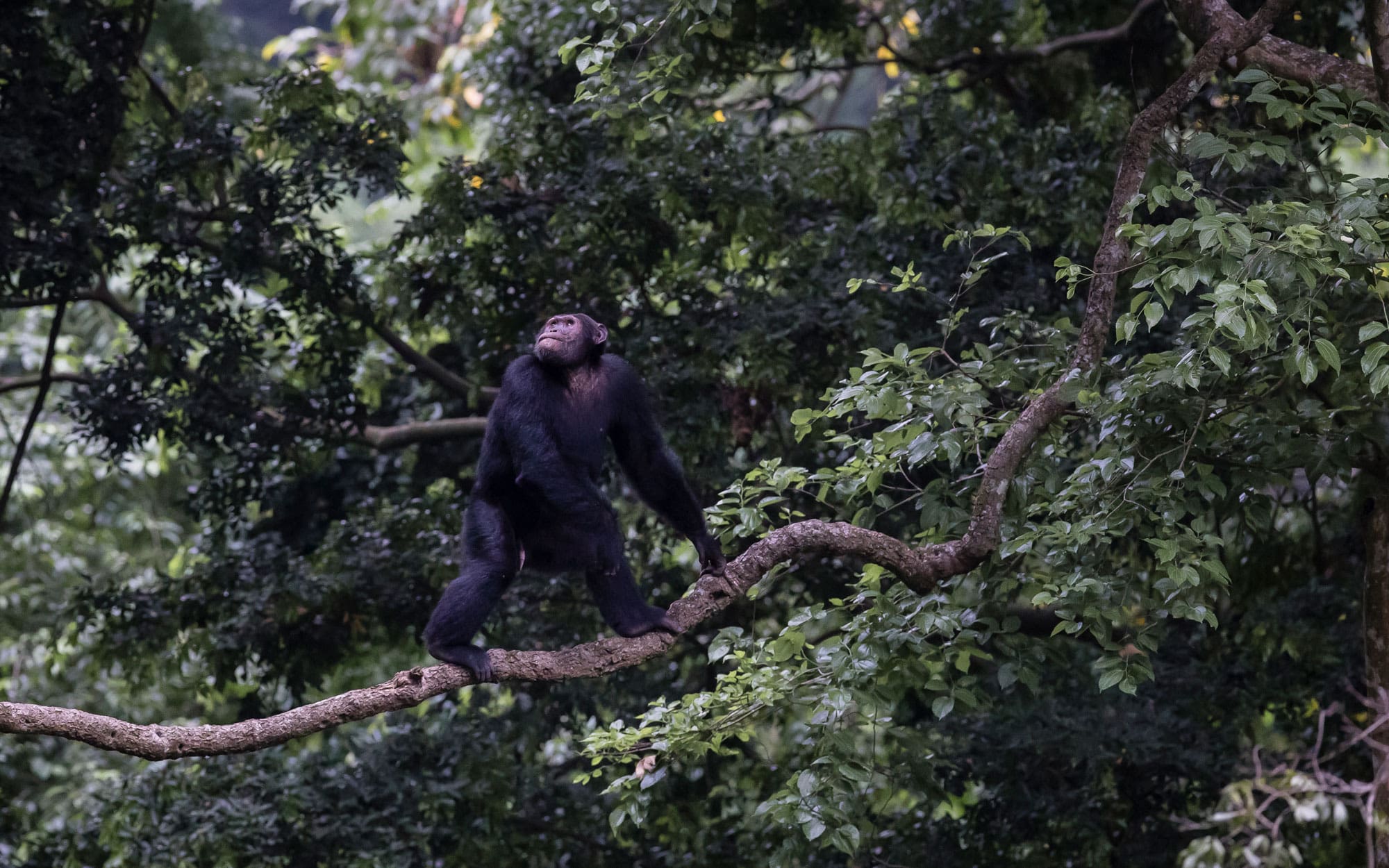Have you ever had to plan your water consumption? Most people who are able to read this will never experience what that entails. ‘Water is the solvent of life’ is the saying in biology but most people in developed countries will take this for granted. They’ll turn on a faucet today and like every day the water will come – hot or cold and endless.
For most people in my village of Kyambura however, the acquisition of water will begin around 6 am with a walk down to the river to collect the polluted water for that morning’s cooking. In the afternoon the women (water collection is a woman or child’s task) will once again walk to the river to do the day’s laundry. They, along with children in tow, will carry water in 20 liter jerry cans back to the house in order to cook lunch and make tea. Then before dark, they head back down to the river for one last collection for dinner use and bathing.
The rainy season is the year’s true blessing. The time when instead of schlepping your jerry cans down to collect polluted river water you can collect the rainwater that flows off your tin roof (and often in your house as tin + rain = rust and holes). That is assuming you have a tin roof and not grass thatch. In the later case, it’s back to the river with you! I, luckily, have a tin roof (a very leaky one at that) and collection tanks to boot!
For me, life is a bit easy compared to most in my village. I have staff that collect the water on my behalf and places full jerry cans outside my door daily. The dry season makes for a far bigger challenge as fresh water is difficult to come by and after 5 years I am no longer willing to bathe in or drink the river water. It leaves the skin itchy and it froths with pollution when it’s boiled.
At Volcanoes Safaris, the needs of the local community are important priorities and the VSPT recently engaged in refurbishing the roofs of local houses, schools and community buildings to increase their effectiveness both with protecting the families from the rain and collecting the water easily. Other projects are being discussed to make this daily struggle less difficult. For more information on the VSPT visit the webpage on their work.
Nicole, Uganda - Volcanoes Safaris Partnership Trust






